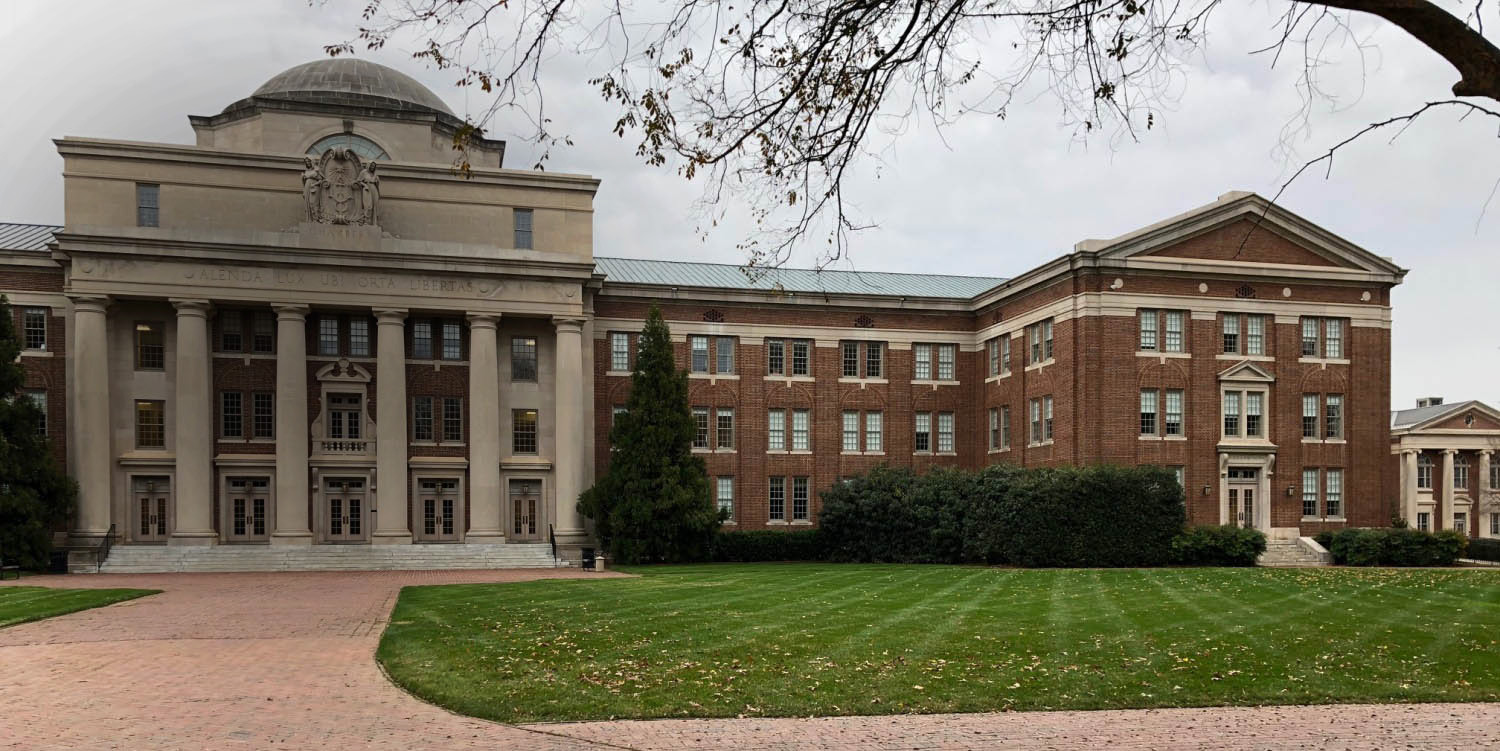At his second the State of the Union address, President Trump called on the Congress to enact legislation that will support efforts in the states and at the local level to provide educational options to families for their children: “To help support working parents, the time has come to pass school choice for America’s children.” Polls indicate that Americans do believe that the time has come.
“School choice” is the commonly-used term to describe the array of state and local government measures that provide families with alternatives to the traditional, public-school system. It encompasses public school options, such as charter schools and magnet schools, and it encompasses government or private funding for non-public school options, such as independent schools, religiously-affiliated schools, and boarding schools. It also includes homeschooling, as well as innovative, online schools. The Congress could enact legislation that creates a competitive grant program for states and local governments to apply for funds to implement opportunity scholarship programs that help make these options affordable.
In addition, “school choice” can describe federal, state, or local government tax incentives for families to self-fund K-12 education for their children. For example, the Congress enacted school-choice legislation when it passed the Tax Cuts and Jobs Act of 2017 to allow families to use their 529 college-savings accounts to cover up to $10,000 of annual K-12 independent school tuition. Another example would be federal or state individual tax credits and deductions for approved educational expenses, which could include tuition, books, supplies, and more. The Congress could enact legislation that inserts such credits and deductions within the federal tax code.
If these options sound appealing to you as a way to address the educational needs of our nation’s children, you are not alone.
In August 2018, Education Next, an education policy website sponsored by the Harvard Kennedy School’s program on Education Policy and Governance, released its annual poll that showed increased support for school choice proposals. Forty-four percent of respondents support (35% oppose) the formation of charter schools, which was an increase of 5% from 2017. Fifty-four percent of respondents support (31% oppose) proposals to allow all public-school students to attend independent schools with the government helping to pay the tuition, which was an increase of 9% from 2017. Tax credit proposals receive even greater support with 57% of respondents supporting (26% opposing) tax credits for individual and corporate donations made toward opportunity scholarships that assist low-income students to attend independent schools. That was a 2% increase from 2017.
Coming on the heels of National School Choice Week, which President Trump supported with a proclamation, and considering the public support for school choice, the President’s SOTU address is likely to signal the administration’s ongoing efforts to increase educational options for children.
Jonathan A. Vogel, a former deputy general counsel with the U.S. Department of Education and a former federal prosecutor, is the managing attorney of Vogel Law Firm PLLC, an education law firm focused on legal issues that arise in K-12, higher education, and student loans.


